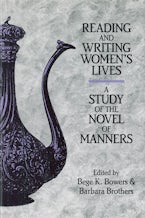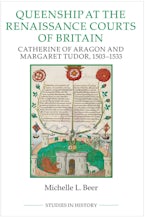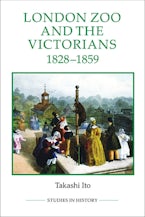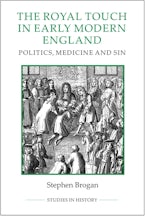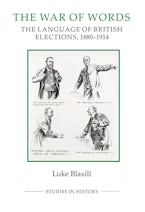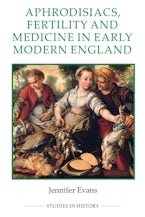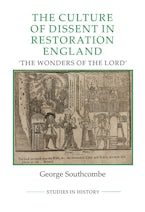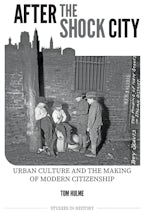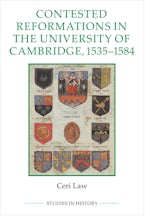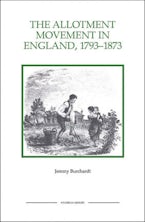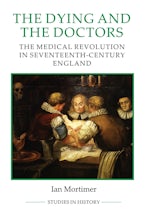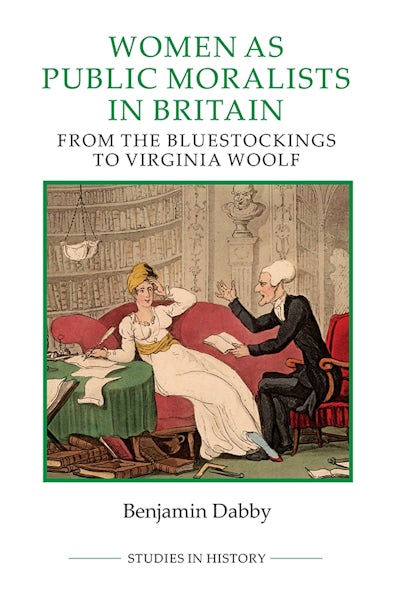
Title Details
308 Pages
23.4 x 15.6 cm
5 colour, 3 b/w illus.
Series: Royal Historical Society Studies in History New Series
Series Vol. Number:
95
Imprint: Royal Historical Society
Women as Public Moralists in Britain
From the Bluestockings to Virginia Woolf
- Description
- Contents
- Reviews
An examination of how women's writings shaped public opinion and morality from the Victorians to the mid-twentieth century.
In nineteenth-century Britain, public debates about the nation's moral health and about men's and women's responsibility for it were shaped decisively by a tradition of female moralists. This book looks at the cultural criticism of eight of the most significant of these writers: Anna Jameson, Hannah Lawrance, Margaret Oliphant, Marian Evans ("George Eliot"), Eliza Lynn Linton, Beatrice Hastings, Rebecca West and Virginia Woolf, providing a detailed and compelling account of how their writing on history, literature and visual art changed contemporaries' understanding of the lessons to be drawn from each field at the same time as they contested and redefined contemporary understandings of masculinity and femininity. It recovers these moralists' understanding of themselves as part of a tradition of women of letters stretching from eighteenth-century bluestockings to their own time, and the growing consensus across the political range of periodicals that women's intellectual potential was equal to men's, and not determined by their sex.
Benjamin Dabby is an independent historian.
In nineteenth-century Britain, public debates about the nation's moral health and about men's and women's responsibility for it were shaped decisively by a tradition of female moralists. This book looks at the cultural criticism of eight of the most significant of these writers: Anna Jameson, Hannah Lawrance, Margaret Oliphant, Marian Evans ("George Eliot"), Eliza Lynn Linton, Beatrice Hastings, Rebecca West and Virginia Woolf, providing a detailed and compelling account of how their writing on history, literature and visual art changed contemporaries' understanding of the lessons to be drawn from each field at the same time as they contested and redefined contemporary understandings of masculinity and femininity. It recovers these moralists' understanding of themselves as part of a tradition of women of letters stretching from eighteenth-century bluestockings to their own time, and the growing consensus across the political range of periodicals that women's intellectual potential was equal to men's, and not determined by their sex.
Benjamin Dabby is an independent historian.
Introduction
Anna Jameson and the use of picturesque history
Hannah Lawrance and the claims of women's history
Margaret Oliphant and the lessons of eighteenth-century history
Anna Jameson, cultural authority and public moralism
Beautiful and useful arts in Hannah Lawrance's cultural criticism
Marian Evans's cultural criticism in the context of women's public moralism
Eliza Lynn Linton and feminism at the turn of the century
Beatrice Hastings, Rebecca West and women's rights at the turn of the century
Virginia Woolf's common reader and her social criticism
The contexts of conclusions
Bibliography
Anna Jameson and the use of picturesque history
Hannah Lawrance and the claims of women's history
Margaret Oliphant and the lessons of eighteenth-century history
Anna Jameson, cultural authority and public moralism
Beautiful and useful arts in Hannah Lawrance's cultural criticism
Marian Evans's cultural criticism in the context of women's public moralism
Eliza Lynn Linton and feminism at the turn of the century
Beatrice Hastings, Rebecca West and women's rights at the turn of the century
Virginia Woolf's common reader and her social criticism
The contexts of conclusions
Bibliography
"This is a subtle and penetrating book that rests on deep erudition and careful thought..As a model for an intellectual history of women's thought it has many virtues." JOURNAL OF VICTORIAN CULTURE
"[A]n absorbing exposition of the contributions of women to extant and emerging print media and public discourse in Britain in the long nineteenth century." AMERICAN HISTORICAL REVIEW
"A subtle and penetrating book that rests on deep erudition and careful thought." JOURNAL OF VICTORIAN CULTURE
"Useful reading, not only for those with a particular interest in the specific women he writes about, or public moralists more generally, but also for anyone researching the history of women's rights." BRITISH ASSOCIATION OF VICTORIAN STUDIES
"[A]n important, interesting, deeply intelligent contribution to the field." JOURNAL OF BRITISH STUDIES
"Dabby's text firmly places women in the center of public debates about morality in Britain . . . [He] does an excellent job of creating the corpus of female moralists in Britain at the turn of the century." INSIGHTS: NOTES FROM THE COORDINATING COUNCIL OF WOMEN IN HISTORY
"An engaging and well-written book...Benjamin Dabby's scholarship both alters and enriches our understanding of the writers he examines." TIMES LITERARY SUPPLEMENT
"An altogether splendid piece of work." VICTORIAN WEB
Hardcover
9780861933433
April 2017
£85.00 / $125.00
Ebook (EPDF)
9781782049586
April 2017
$29.95 / £24.99
Title Details
308 Pages
2.34 x 1.56 cm
5 colour, 3 b/w illus.
Series: Royal Historical Society Studies in History New Series
Series Vol. Number:
95
Imprint: Royal Historical Society



